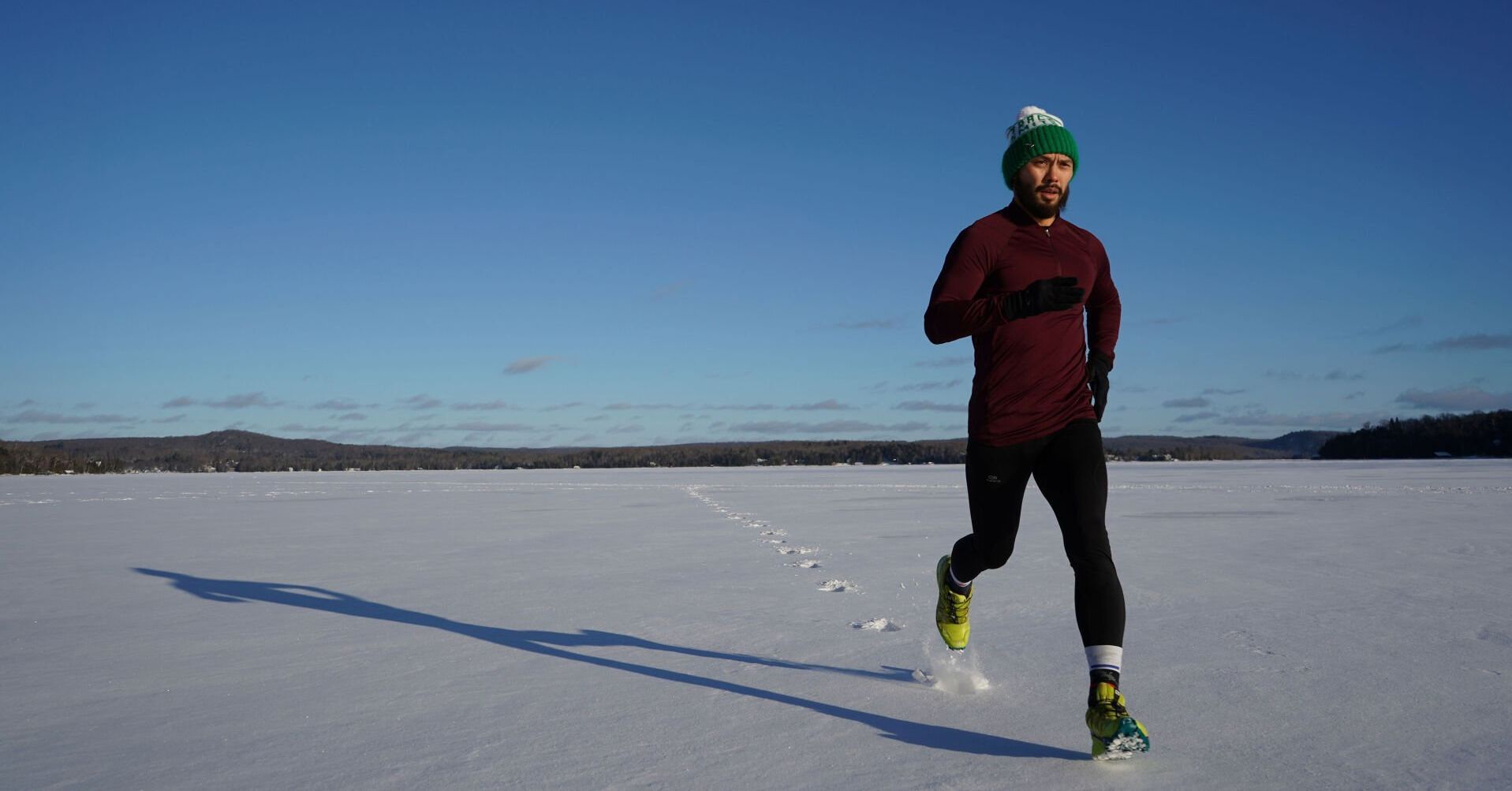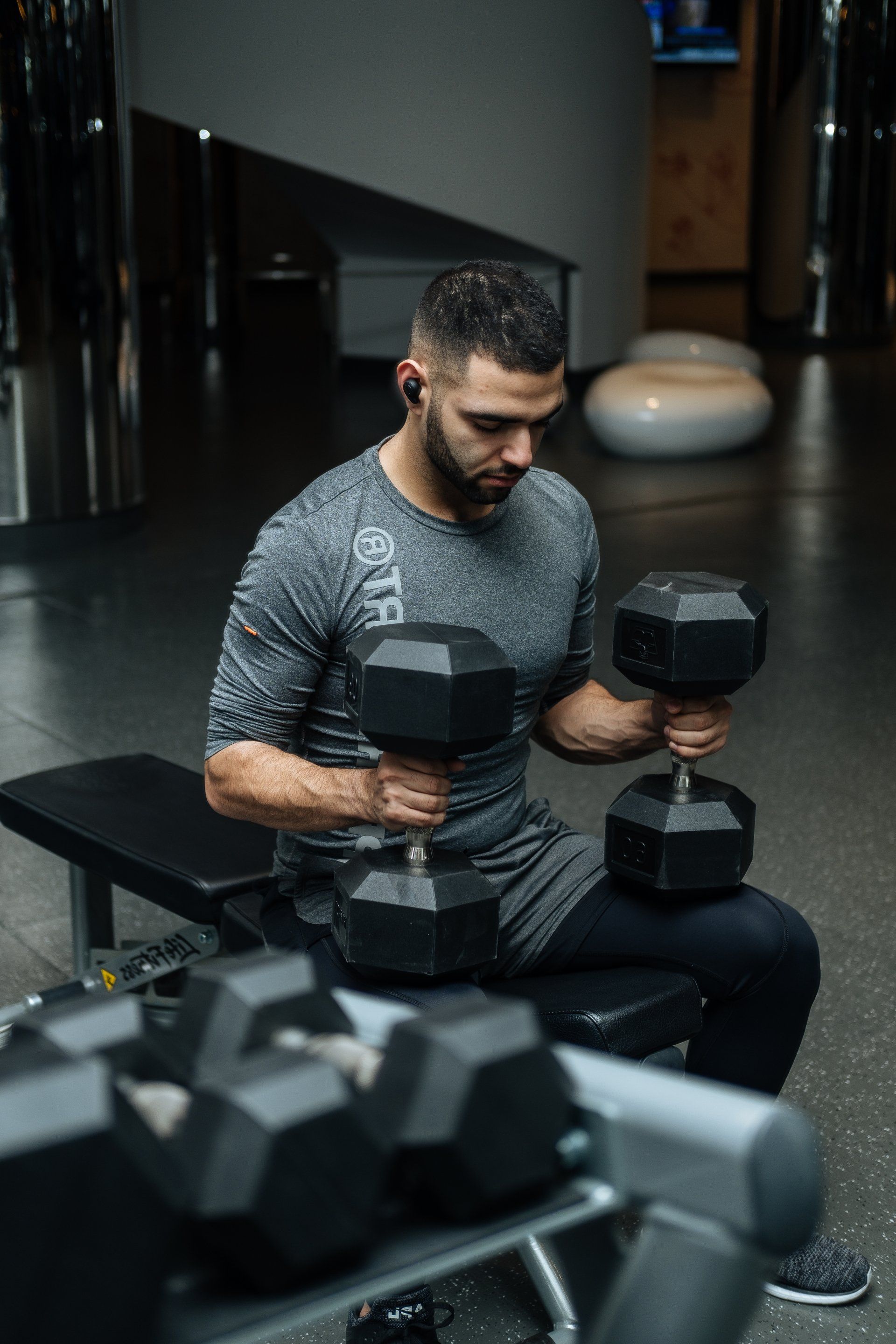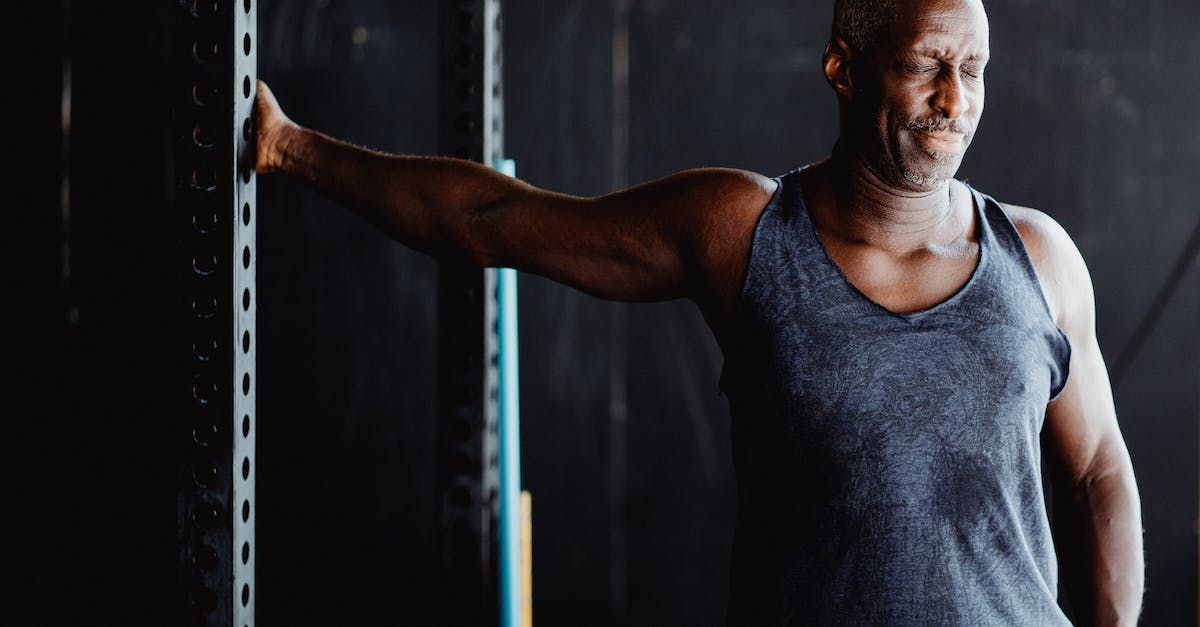Winter Prep for Summer Success: The Science Behind Your Fitness Journey
Winter Launchpad: Building the Foundations
Embarking on your fitness journey in winter may seem counterintuitive, but it's a strategic move backed by science. The "Journal of Strength and Conditioning Research" emphasizes that substantial changes in body composition and strength often require at least six months of consistent effort[1]. During winter, the controlled environment allows for focused training to build the foundations crucial for long-term success.

Why the Wait: Understanding the Pace of Change
Your body's transformation takes time, and there's a physiological reason behind it. The "European Journal of Applied Physiology" highlights that adaptive changes in muscle structure and function occur gradually, requiring sustained effort over months[2]. Patience is key as your body adapts to new stressors, triggering the slow but steady progress that yields lasting results.
Strength Strides: The Gradual Climb
Strength changes, like body composition, don't happen overnight. The same study in the "Journal of Strength and Conditioning Research" emphasizes the importance of extended training periods for notable improvements in strength[1]. Winter serves as the training ground for building the strength base needed to conquer more advanced goals in the warmer months.
Cultivating Patience: A Virtue in Fitness
Patience is a virtue, especially in fitness. A study in the "Journal of Sport and Health Science" underscores the role of patience in achieving sustainable lifestyle changes[3]. By understanding that fitness is a journey, not a destination, you empower yourself to stay committed and embrace the incremental progress that leads to lasting success.
Realistic Goals: The Bedrock of Success
Setting realistic goals is fundamental to a successful fitness journey. Research in the "Journal of Behavioral Medicine" highlights the importance of setting achievable objectives to maintain motivation and adherence to exercise programs[4]. By establishing realistic goals, you set yourself up for success and avoid the pitfalls of unrealistic expectations.
Winter Workouts: More Than Preparation
Exercising in winter isn't just about preparing for summer—it brings numerous benefits. The "International Journal of Environmental Research and Public Health" points out that winter workouts boost mood, combat seasonal affective disorder, and enhance overall well-being[5]. Embracing the cold months as an opportunity to stay active contributes to both physical and mental fitness.
Your Winter Blueprint for Summer Success
In conclusion, starting your fitness journey in winter is a science-backed strategy for achieving your summer body goals. The gradual pace of change in body composition and strength requires patience, and setting realistic goals is essential for long-term success. Additionally, exercising in winter provides a myriad of benefits beyond preparation for summer. As you lace up those winter boots, remember that your journey is a holistic commitment, and every step you take in winter paves the way for a stronger, healthier you in the summer.
Works Cited:
- Author(s). "Title of the study on average time for fitness changes." Journal of Strength and Conditioning Research, vol. XX, no. X, Year, pages. DOI.
- Author(s). "Title of the study on adaptive changes in muscle structure." European Journal of Applied Physiology, vol. XX, no. X, Year, pages. DOI.
- Author(s). "Title of the study on patience in lifestyle changes." Journal of Sport and Health Science, vol. XX, no. X, Year, pages. DOI.
- Author(s). "Title of the study on setting achievable objectives." Journal of Behavioral Medicine, vol. XX, no. X, Year, pages. DOI.
- Author(s). "Title of the study on winter workouts and well-being." International Journal of Environmental Research and Public Health, vol. XX, no. X, Year, pages. DOI.

















